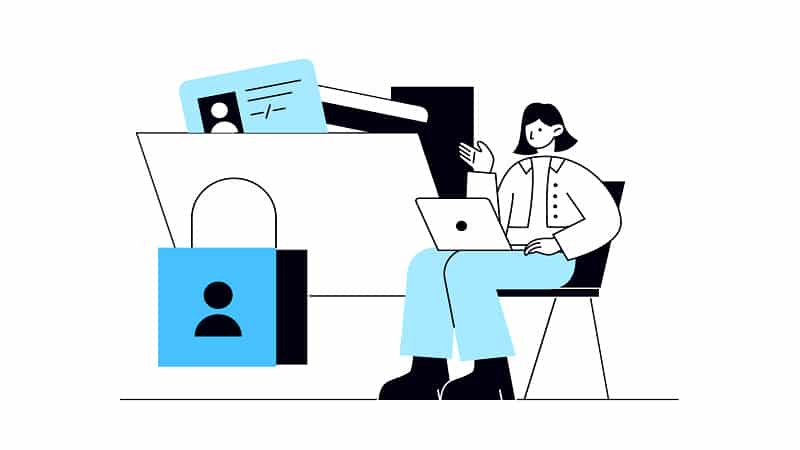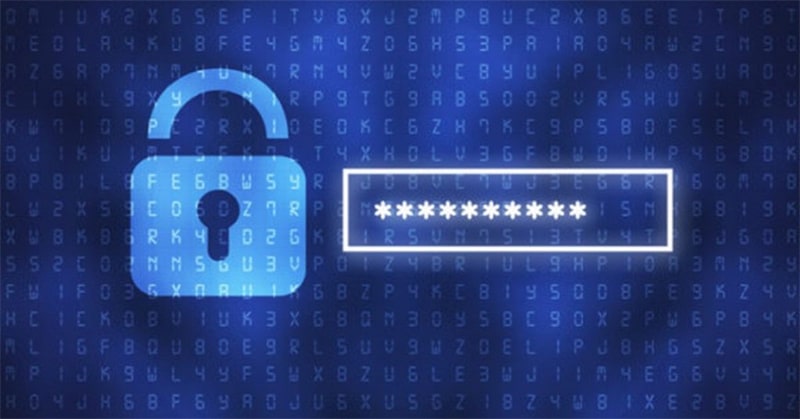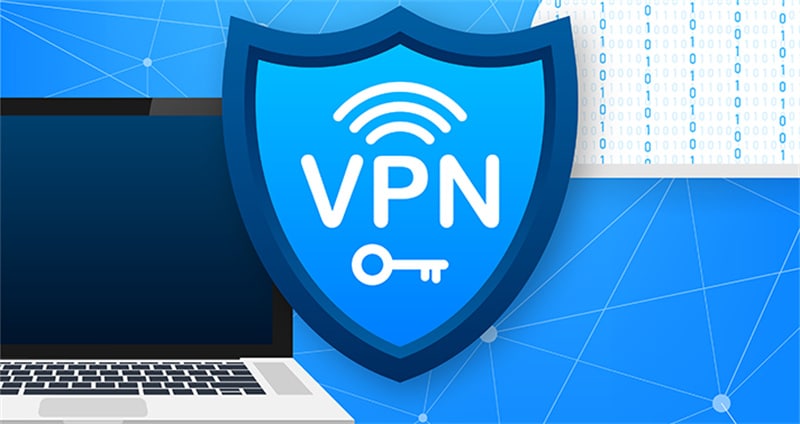
In today's digital world, taking control of your online privacy is more important than ever.
With cyber threats and data breaches on the rise, protecting your personal information and keeping yourself safe online is essential. In this article, we'll explore ten ways to take control of your online privacy.
The Global Privacy Control (GPC) is a new privacy standard that allows internet users to exercise their right to privacy and control over their data. The GPC is a set of technical specifications and protocols that websites and browsers can implement to provide a simple and universal way for users to determine their privacy preferences (to learn more about the GPC, read this blog).
Let's look at how you can take control of your privacy with these simple-to-implement practices.
How to Take Control
Use strong passwords and two-factor authentication

Use unique, strong passwords for all your online accounts, and enable two-factor authentication wherever possible. To verify their identity, users must provide two different authentication factors. This security procedure, known as two-factor authentication (2FA), should include the following:
- Something you know: This factor is information only the user should know, such as a password, a PIN, or a security question answer.
- Something you have: This factor involves a physical device or objects the user possesses, such as a mobile phone, a smart card, or a token.
- Something you are: This factor involves biometric data, such as fingerprints, facial features, or voice patterns.
Keep your software up to date
Regularly update your operating system and software to ensure you have the latest security patches and bug fixes, which will help protect your device from potential vulnerabilities.
Install anti-malware software on your device
Anti-malware software, also known as anti-virus, is designed to prevent, detect, and remove malicious software, such as viruses, spyware, Trojan horses, and other types of malware. There are many different forms of anti-malware software; here is a sample of a few:
- Antivirus Software: Antivirus is designed to detect and remove viruses and other types of malware from your computer. It scans your system for malicious files and provides real-time protection against new threats.
- Firewall Software: This software monitors incoming and outgoing traffic on your network and blocks unauthorized access to your system. It can also help prevent malware from entering your system by blocking suspicious connections.
- Anti-Spyware Software: Anti-Spyware is designed to detect and remove spyware and adware, which are types of malicious software that can collect personal information and display unwanted advertisements.
- Browser Extension: This software can be added to your web browser to prevent malware and phishing attacks when you browse the internet.
Be cautious of phishing scams
Be careful when opening emails or clicking links from unknown sources, as they could be phishing scams designed to steal your personal information. Always verify the sender's email address and look for signs of a suspicious email.
Use a Virtual Private Network (VPN)

A VPN establishes a secure and encrypted link between your device and the internet, known as a Virtual Private Network. When you use a VPN, your internet traffic is routed through a remote server, which masks your IP address and encrypts your data. As a result, your internet activities and data remain hidden from potential attackers, eavesdroppers, and even your Internet Service Provider (ISP).
Additionally, VPNs often offer features such as DNS leak protection and a kill switch, which help prevent your information from being leaked even if the VPN connection is interrupted.
Be mindful of what you share online
Be cautious about what information you share on social media to protect your privacy and security. Here are some types of information that you should avoid sharing on social media:
- Personal identification information: This includes information such as your full name, date of birth, Social Security number, or any other information that could be used to identify you.
- Financial information: This includes your credit card numbers, bank account numbers, or any other financial information that could be used for fraud or identity theft.
- Home address and phone number: This information can be used by strangers to find you or your home, which can put you at risk.
- Travel plans: Avoid sharing information about your travel plans, such as your itinerary, departure and arrival dates, and any other details that could reveal when you will be away from home.
Use a password manager
A password manager can be a valuable tool to ensure all your online accounts have strong and unique passwords. It can assist you in creating and storing complex passwords.
In Conclusion
Taking control of your online privacy is essential to protect your personal information and ensure your safety while using the internet. It is crucial to stay informed about online privacy risks and to take proactive steps to protect your digital identity.






